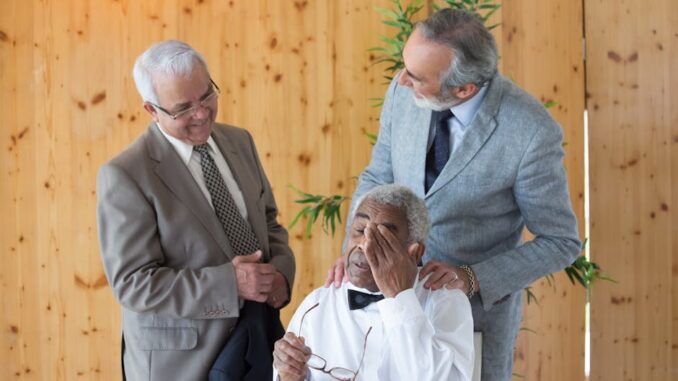
Summary
This article provides a practical guide to rebuilding a fulfilling social life after addiction, focusing on creating a supportive network of friends. It emphasizes the importance of self-care, setting healthy boundaries, and engaging in sober social activities. By following these steps, individuals in recovery can cultivate meaningful connections and strengthen their foundation for lasting sobriety.
** Main Story**
So, you’re stepping back into the social scene after dealing with addiction? Yeah, I get it, feels like climbing Everest in flip-flops, doesn’t it? Your old crew might not exactly vibe with your new, healthier lifestyle. And making new friends? Intimidating doesn’t even begin to cover it. But here’s the thing, you absolutely need a solid support system to stay sober and, more importantly, actually enjoy your life. Let’s walk through how to build that, step by step.
1. Love Yourself First, Seriously
Before you even think about who you’re gonna hang out with, focus on you. I can’t stress this enough. Think about it, can you really offer anyone anything if you aren’t ok with yourself? I’m talking exercise that doesn’t feel like torture, eating real food, and maybe even trying out some mindfulness. That inner peace? It’s the bedrock for healthy relationships. Seriously, take a minute. What actually makes you tick? What are your values? Your goals? Knowing yourself? That’s your compass guiding you to people who get you, and activities that light you up.
2. Get Some Professional Backup
Early recovery is a minefield, let’s be honest. A therapist or counselor? They’re like your personal mine-sweeping team. They can help you develop the kind of coping strategies you need, tackle those emotional baggage you’ve been carrying, and even help you brush up on your social skills. And, group therapy? That’s where the magic happens. It’s a safe zone where you can share your story, hear others, and realize you’re not alone in this. Plus, it’s a great way to build relationships with people who understand exactly what you’re going through.
3. Reconnect, But Choose Wisely
Addiction can really mess with family and friend relationships, it’s not a shock if things are a little rocky. However, those loved ones who genuinely support you? They’re gold. Open, honest talk is key. Be willing to admit past mistakes, and more importantly, show them you’re committed to staying sober. And, if things are especially tense, family therapy? That can be a game-changer. Communication can be improved so much with the right guidance and people willing to be open.
4. Forge New Sober Friendships
Making new friends who actually champion your sobriety? Non-negotiable. Recovery meetings, sober social groups, activities without booze or drugs – these are your hunting grounds. Be open to meeting people! Volunteering, hobby groups, fitness classes…you never know where you’ll find your tribe. Look for people who share your values, your passions, and focus on building relationships with those people. That said, remember, quality is better than quantity here.
5. Confidence is Key: Navigating Tricky Social Situations
Look, social events can feel like walking through a field of landmines, especially early on. Firm boundaries are essential. Alcohol and drugs? Draw a line in the sand. And, have a plan for those times when things get triggering. Communicate what you need, but do it assertively and respectfully. Deep breathing, mindfulness, whatever helps you manage cravings or anxiety…use it! And, don’t be afraid to step away if you need to.
6. Get Out and Do Stuff (Sober!)
Fill your time with things you actually enjoy that don’t involve substances. New hobbies, volunteering, sports, cultural events…the possibilities are endless. A full, engaging life keeps you from wanting to relapse and gives you chances to meet like-minded people. I, for one, took up pottery and discovered a hidden talent for making lopsided mugs. Who knew?
7. Chill Out, It’s a Marathon Not a Sprint
Building a solid social network? It takes time, and effort. Don’t get down if you don’t click with everyone. Be kind to yourself, and trust the process. Keep your eyes on the prize – staying sober – and keep putting yourself out there. Celebrate every small win, and remember how far you’ve come. With a little patience and a lot of persistence, you can build a kick-ass support system that enriches your life and reinforces your recovery. You got this.


Be the first to comment